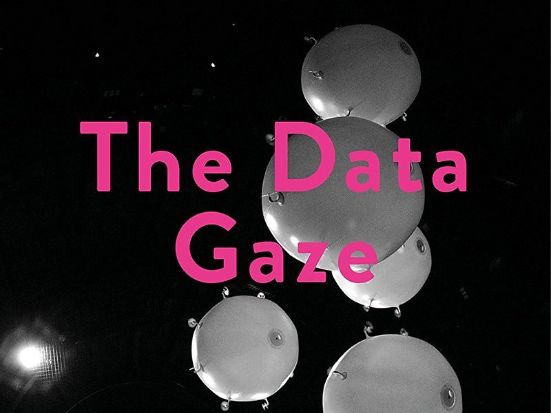
Young Lives Under The Data Gaze
This event has now finished.
LMB/037X, Law and Sociology Building, Campus East, University of York (Map)
Event details
Data is now central to how we experience the social world. David Beer’s concept of the ‘data gaze’ helps to understand how everyday life is viewed through data ‘in ever more forensic, strategic, predictive, and knowing ways’. This seminar will discuss a range of projects to explore different dimensions of the data gaze where the classificatory logics of algorithmic and machinic gazes intersect with (and sometimes cross over) with young people’s own capacities to see and know themselves. We extend Beer’s concept to illustrate how young people navigate and incorporate datafied ways of seeing and knowing in their everyday practices via engagement with financial technology (fintech) and selfie apps. We argue that whilst young people are increasingly ‘gazed upon’ in their interactions with fintech and image editing apps, that is, categorised and imagined by algorithmic and machinic processes, they also gaze back.
We explore three specific aspects of the broader data gaze:
- datafied money and the financialised gaze that young people experience when being nudged while using gamified fintech services
- datafied bodies and the forensic gaze young people use to inform selfie editing practices through digital ‘corrections’ to their faces and bodies.
- datafied housing and the gaze of algorithmic profiling tools and open banking which increasingly shape who is deemed eligible to rent.
The implications of these ever-finer capacities for predictive classificatory processes are essential for understanding how life feels under the gaze of the data industry, and how inequalities and exclusions are made, automated and remade in contemporary datafied lives.
About the speakers
Steven Threadgold is Associate Professor of Sociology the Director of the Newcastle Youth Studies Centre at University of Newcastle, Australia. His research focuses on youth and class, with particular interests in unequal and alternative work and career trajectories; underground and independent creative scenes; cultural formations of taste, and financial practices. Steve an Associate Editor of Journal of Youth Studies, and on the Editorial Boards of The Sociological Review, DIY, Alternative Culture & Society, and Journal of Applied Youth Studies. His latest book is Bourdieu and Affect: Towards a Theory of Affective Affinities (Bristol University Press). Youth, Class and Everyday Struggles (Routledge) won the 2020 Raewyn Connell Prize for best first book in Australian sociology. His latest edited collection with Jessica Gerrard is Class in Australia. Contact at steven.threadgold@newcastle.edu.au
Julia Coffey is Associate Professor in Sociology at University of Newcastle, Australia. Her research focuses on youth and gender, with particular interests in feminism, embodiment and body work practices; and how bodies and identity is mediated through digital technologies and environments. She currently leads an Australian Research Council Discovery Project exploring young people's digital presentation and image-editing practices. She is on the editorial boards of Journal of Youth Studies, Qualitative Research, and Journal of Applied Youth Studies. She is the author of Body Work: Youth, Gender and Health (Routledge) and edited or coauthored titles Learning Bodies (Springer, with Helen Cahill and Shelley Budgeon), Youth Sociology (Red Globe Press, with Steve Roberts, Alan France and Cathy Waite) and Gender in an Age of Post-truth Populism (Bloomsbury, with Penny Jane Burke, Rosalind Gill and Akane Kanai. Her latest book is Everyday Embodiment: Rethinking Youth Body Image (2021, Palgrave Macmillan). Contact at jula.coffey@newcastle.edu.au.
Roger Burrows is Professor in Global Inequalities at the University of Bristol, UK. He also holds an Honorary Professorial Fellowship in the Centre for Cities at the University of Melbourne. He previously worked at Newcastle University, UK, Goldsmiths, University of London and, for many years, the University of York. His research focuses on housing and urban change, social stratification and digital technologies, with recent work on elite spaces, algorithmic injustice and the politics of NRx. A sociologist by training, his most recent published research has been concerned with the impact of the global superrich on neighbourhoods in London and the implications of digital risk profiling technologies for global housing markets.
